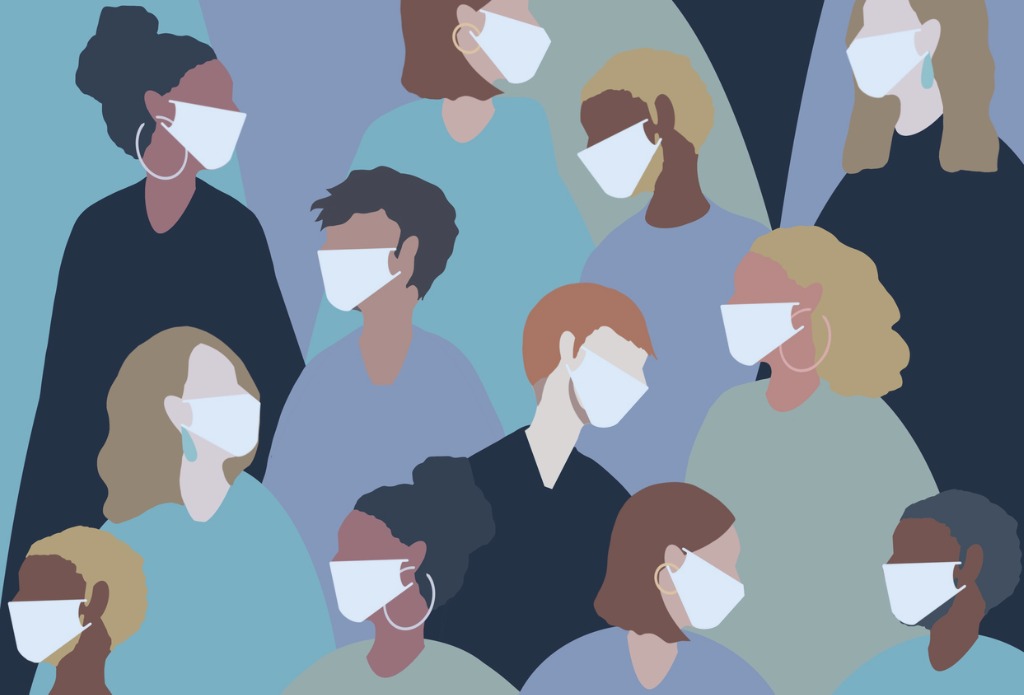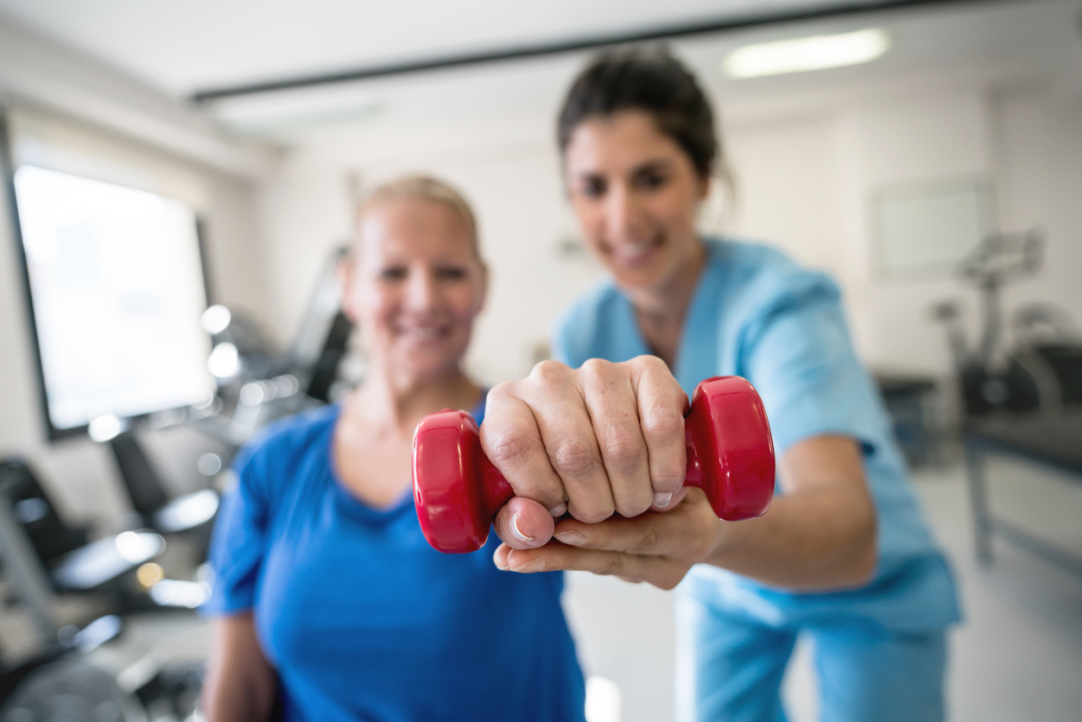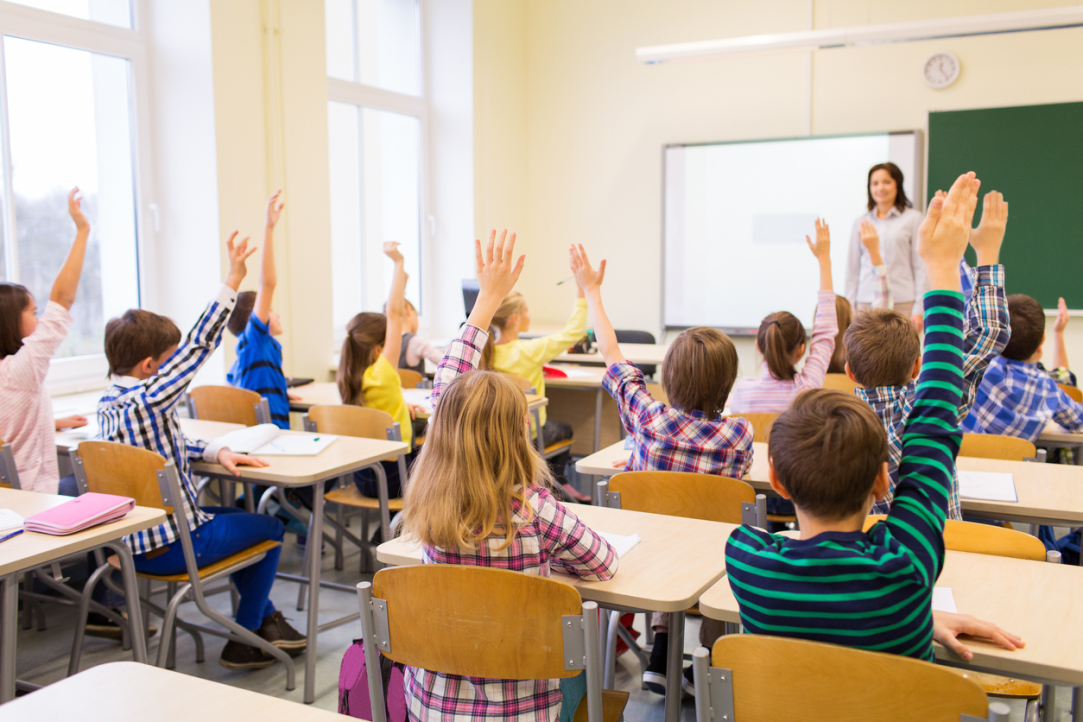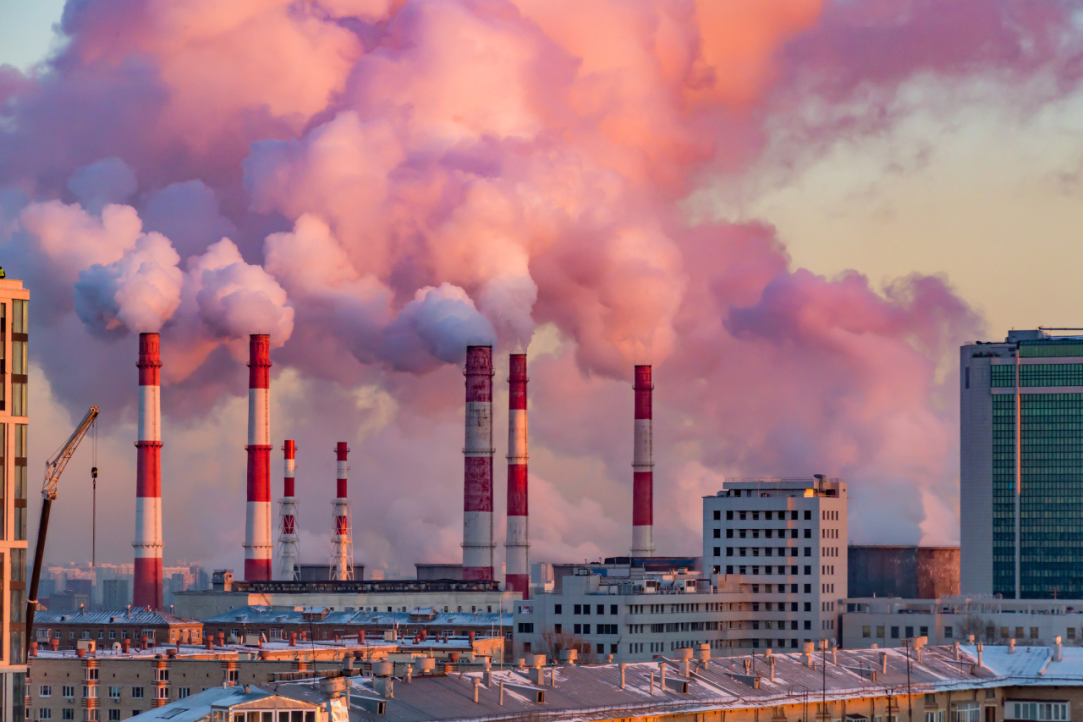
Competing Benefits: Economic Theory and COVID Constraints
Those who consider themselves healthy will be more willing to comply with COVID restrictions if they believe, according to their own estimations, that the expected losses from the disease will be significant, suggest researchers of the Faculty of Economic Sciences at HSE University.

Movement Recovery after Stroke Depends on the Integrity of Connections between the Cerebral Cortex and the Spinal Cord
A team of scientists, with the first author from the HSE University, were investigating which factors are the most important for the upper limb motor recovery after a stroke. The study is published in Stroke, the world's leading journal for cerebrovascular pathology.

HSE Researchers Use Neural Networks to Study DNA
HSE scientists have proposed a way to improve the accuracy of finding Z-DNA, or DNA regions that are twisted to the left instead of to the right. To do this, they used neural networks and a dataset of more than 30,000 experiments conducted by different laboratories around the world. Details of the study are published in Scientific Reports.

Losing Money Multiple Times Causes Plastic Changes in the Brain
Researchers at the HSE Institute for Cognitive Neuroscience have shown experimentally that economic activity can actively change the brain. Signals that predict regular financial losses evoke plastic changes in the cortex. Therefore, these signals are processed by the brain more meticulously, which helps to identify such situations more accurately. The article was published in Scientific Reports.

Self-Education Is Gaining Popularity Among Adult Russians, HSE Survey Shows
From 2015 to 2019, the involvement of adults aged 25–64 participating in self-education increased from 21% to 37%. At the same time, the most noticeable increase is observed in large cities and among people with higher education, as evidenced by data produced by the HSE University sociological survey ‘Practices of Self-Education Among the Adult Population of Russia’ conducted as part of the ‘Monitoring Economics of Education’ project.

Winners of the HSE International Laboratory Proposal Competition Announced
This year’s HSE competition for the creation of international laboratories which considered proposals for the period of January 1, 2021 – December 21, 2023, was conducted from June 15 to December 15, 2020.

When More Is Not Merrier: How Education Helps Overcome Social Inequality
‘The Tragedy of Inequality: Dehumanizing the “Total Human”’ was the dramatic title of a recent seminar held by the HSE Institute of Education. Inequality leads to marginalization of specific individuals and groups. The availability of high-quality education may help decrease the problem.

Negative Reviews Boost Sales
Aleksei Smirnov, Assistant Professor, HSE University Faculty of Economic Sciences, and Egor Starkov, Assistant Professor, University of Copenhagen, have constructed a mathematical model that explains why it is advantageous for sellers not to delete negative reviews of their products. A study detailing this conclusion has been accepted for publication in The American Economic Journal: Microeconomics.

Russians Are Switching to Wine and Beer: Alcohol Consumption Patterns are Increasingly Dependent on Non-Economic Factors
Social class does not strongly influence the kind of alcohol Russians drink. Gender, age, education and place of residence are more important. For example, young people prefer beer, wines are primarily popular among women, and ‘moonshine in combination with other drinks’ are mainly consumed by the older age groups. This was the conclusion reached by HSE University researchers.

Managing Climate Risk: How to Adapt Regions to Changes
An applied research project being carried out by the HSE Laboratory for Economics of Climate Change uses the example of the Chechen Republic and the mountainous areas of Krasnodar Krai to create a model of climate risk evaluation and management for Russian regions. Laboratory heads Igor Makarov and Ilya Stepanov talk about the threats presented by global climate change, about whether the pandemic will slow it down, and why a multifaceted approach is essential.

